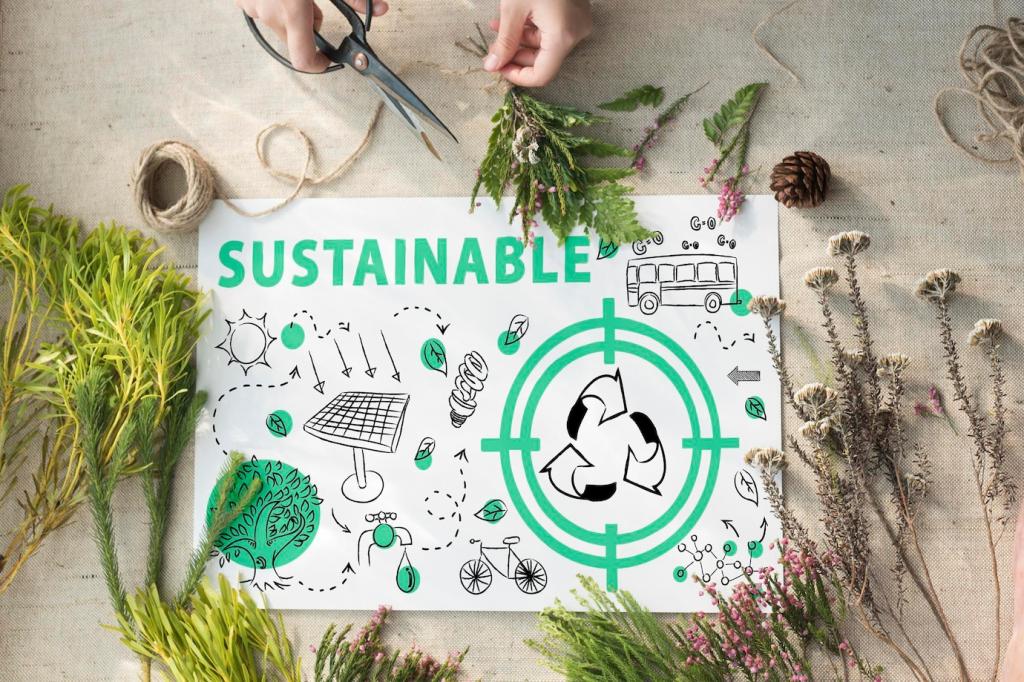Why Words Move People Toward Greener Choices
Frame benefits as gains, not sacrifices. “Save $12 a month and keep your home cooler” outperforms “reduce energy use.” Use concrete outcomes, celebrate small wins, and reinforce progress so readers feel momentum rather than pressure.
Why Words Move People Toward Greener Choices
A single relatable story can unlock empathy faster than a chart. Describe a neighbor who cut food waste in half by meal planning, then link to a simple checklist. Invite readers to share their own experiments and outcomes.




